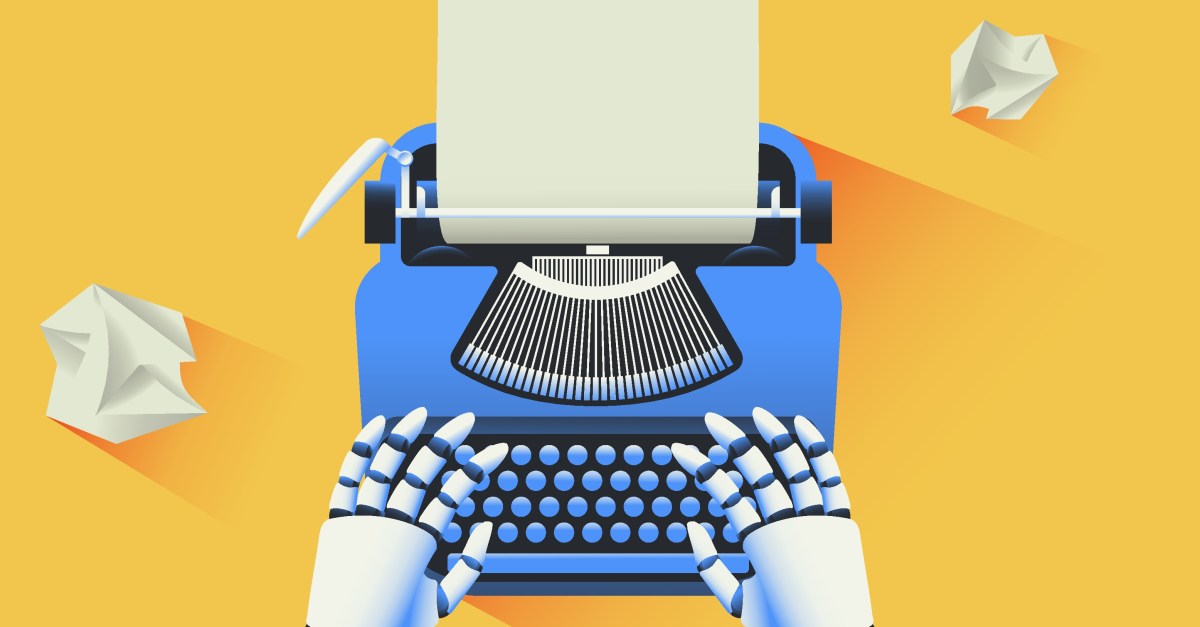From Emails to Eulogies: The Surprising Versatility of ChatGPT
In the ever-evolving landscape of artificial intelligence, ChatGPT has emerged as a versatile tool, reshaping how we communicate and express ourselves. While many initially viewed it as merely a conversational agent for emails and casual chat, its applications extend far beyond. One of the most poignant uses of ChatGPT can be found in crafting sensitive documents, including eulogies and obituaries. This article explores the multifaceted role of ChatGPT, delving into its ethical implications and the creative possibilities it presents in the realm of writing.
The Rise of ChatGPT in Everyday Communication
ChatGPT, developed by OpenAI, has gained popularity due to its ability to generate human-like text based on prompts it receives. It can assist in various writing tasks, from drafting business emails to creating social media posts. The AI’s learning from vast datasets enables it to understand context, tone, and style, making it a valuable asset for anyone looking to improve their written communication.
However, the capabilities of ChatGPT do not stop at professional correspondence. Users are now exploring how to leverage this technology for more personal and emotionally charged writing. For instance, individuals often turn to AI when they struggle to find the right words during difficult times, such as when commemorating a loved one’s life.
Crafting Eulogies: A Sensitive Application of AI
Writing a eulogy is a deeply personal and emotional task. It requires not only the ability to convey facts but also the sensitivity to honor the deceased’s life and legacy. In this context, ChatGPT can serve as a powerful ally. By prompting the AI with information about the individual, users can receive a well-structured and heartfelt draft that captures the essence of their loved one.
- Personalization: Users can guide ChatGPT to include specific anecdotes, qualities, and memories that reflect the unique personality of the deceased.
- Emotional Tone: The AI can adjust its tone to match the desired emotional weight of the message, whether it’s somber, celebratory, or reflective.
- Time-Saving: For those overwhelmed with grief, the ability to quickly generate a coherent eulogy can alleviate some of the burden during a challenging time.
While ChatGPT can provide a strong foundation, it is essential for users to infuse their personal touch into the final product. After all, a eulogy is not just a recounting of facts; it’s a heartfelt tribute that resonates with those who knew the individual.
The Ethical Implications of AI in Sensitive Writing
As with any technology, the use of ChatGPT in crafting sensitive documents raises ethical questions. One primary concern is the authenticity of the content generated. When employing AI to write eulogies or obituaries, how can we ensure that the final product truly reflects the individual’s life and the emotions of those left behind?
Another aspect to consider is the potential for over-reliance on AI. While ChatGPT can provide valuable assistance, it should not replace genuine human expression. Users must remain vigilant to avoid losing the personal connection that comes from writing a eulogy themselves. Here are some ethical guidelines to keep in mind:
- Transparency: Be honest about using AI in writing sensitive documents. If others are involved in the process, it’s essential to disclose the role of AI.
- Personal Input: Use AI-generated content as a starting point, but ensure that personal stories and sentiments are incorporated to maintain authenticity.
- Emotional Sensitivity: Understand the emotional weight of the task at hand. Ensure that the AI-generated text is respectful and accurate in its representation of the deceased.
Beyond Eulogies: ChatGPT in Other Sensitive Scenarios
The applications of ChatGPT extend beyond eulogies and obituaries. Here are several other areas where AI can assist in crafting sensitive documents:
- Condolence Letters: Writing a letter of condolence can be challenging. ChatGPT can help formulate a compassionate message that conveys empathy and support.
- Personalized Greetings: For occasions like anniversaries of a loved one’s passing, ChatGPT can assist in creating thoughtful messages that reflect the sentiments of remembrance.
- Memorial Speeches: Similar to eulogies, memorial speeches require a delicate balance of emotion and celebration. AI can help structure these speeches while allowing for personal anecdotes.
Fostering Creativity Through AI
Beyond the realm of sensitive writing, ChatGPT can also foster creativity in various other writing endeavors. From brainstorming ideas for novels to generating poetry, the capabilities of this AI are vast. Here’s how it can enhance creativity:
- Idea Generation: Writers can use ChatGPT to generate plot ideas, character names, or even entire story outlines, overcoming writer’s block.
- Style Imitation: By studying different writing styles, ChatGPT can help authors experiment with new voices and tones, expanding their creative horizons.
- Collaborative Writing: Authors can use ChatGPT as a co-writer, bouncing ideas off the AI and refining their narratives through collaborative dialogue.
The Future of AI in Writing
The versatility of ChatGPT represents a significant shift in how we approach writing, particularly in sensitive contexts. As AI technology continues to evolve, we can expect even greater advancements that enhance the writing experience. However, it’s crucial to maintain a balance between technological assistance and the irreplaceable human touch.
In conclusion, ChatGPT is much more than a tool for drafting emails; it’s a versatile assistant capable of supporting individuals through some of life’s most challenging moments. By understanding its capabilities and limitations, we can harness the power of AI while preserving the authenticity and emotional depth that define human expression.
As we navigate this new frontier, let us embrace the creative possibilities AI offers, while remaining mindful of the ethical considerations that come with it. Whether it’s crafting a heartfelt eulogy or brainstorming the next great novel, the potential for AI in writing is limited only by our imagination.
See more Future Tech Daily

